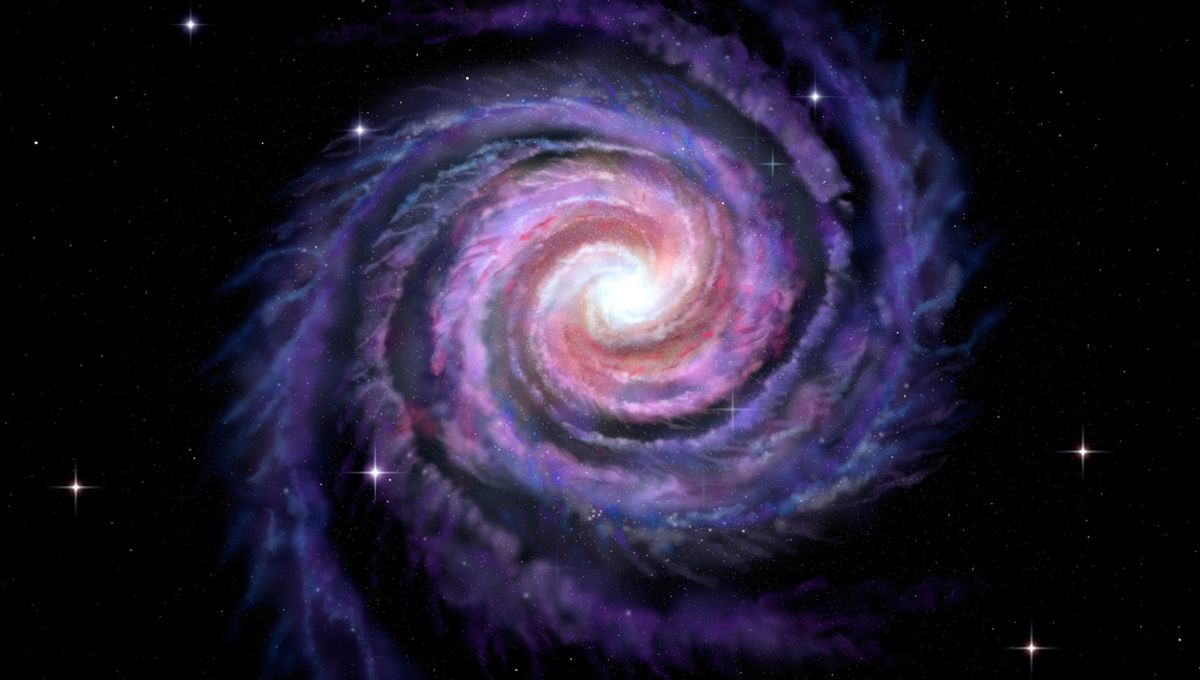
Astronomers have reconstructed the global chemical composition of our galaxy to understand how it compares to other galaxies in the Universe. It turns out that it is not unique, but it is certainly unusual. This is something that alien astronomers would be able to pick up, and that we can use to understand the peculiar history of the assembly of our galaxy.
Hydrogen and helium have been in the universe since a few minutes after the Big Bang, but all the other elements (which astronomers call “the metals”) are created in stars and stellar processes. A galaxy’s metallicity says a lot about it. And this new research provides the best look yet at the Milky Way’s metallicity.
“Finding ways to compare our home galaxy with more distant galaxies is what we need if we want to know whether the Milky Way is special or not. This has been an open question since astronomers realized a hundred years ago that the Milky Way is not the only galaxy in the universe,” lead author Jianhui Lian, from the Max Planck Institute for Astronomy and Yunnan University, said in a statement.
The metallicity increases from the center of the Milky Way to about 23,000 light-years out, plateauing for a bit to levels of metallicity similar to that of the Sun. The Sun is 26,000 light-years from the center. But then, the metallicity drops again, going down to about one-third of solar at a distance of 50,000 light-years at the edge of our galaxy.
Compared to surveys of other galaxies such as MaNGA or simulations of galaxies such as TNG50, our galaxy’s high metallicity donut is peculiar. Only one percent of the surveyed galaxies and only 11 percent of the simulated ones are quite like our own. The discrepancy between the two numbers is due to uncertainties in the survey and the limitations of making realistic simulations of the universe.
The peculiarity of our galaxy at its core could be due to activity from the supermassive black hole, which might have pushed more metal-rich gas outwards, stopping the formation of younger, more metal-rich stars. And at its edge, a collision with a small galaxy lacking in metals could have brought more pristine material, creating a large population of metal-poor stars.
“The findings are very exciting! This is the first time that we can meaningfully compare the detailed chemical content of our galaxy with the measurements of many other galaxies,” co-author Maria Bergemann, also from the Max Planck Institute for Astronomy, explained.
“The results are important for the next generation of comprehensive studies of galaxy formation. Those studies will use data from upcoming large-scale observational programs targeting the Milky Way or targeting distant galaxies. Our research shows how to sensibly combine the two kinds of data set.”
The study is published in Nature Astronomy.
Source Link: What Would An Alien Astronomer Think Of The Milky Way? Turns Out, It's Pretty Unusual